Cooperation in a changing world of work
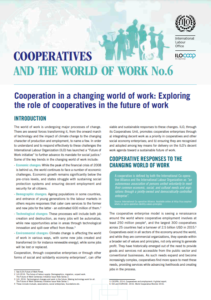 The world of work is undergoing major processes of change. There are several forces transforming it,
The world of work is undergoing major processes of change. There are several forces transforming it,
from the onward march of technology and the impact of climate change to the changing character of
production and employment, to name a few. The report notes that in response, the cooperative
enterprise model is seeing a renaissance around the world where cooperative employment involves
at least 250 million people, and the largest 300 cooperatives across 25 countries had a turnover of
2.5 billion USD in 2015. Cooperatives exist in all sectors of the economy around the world, and while
they are commercial organizations, they operate within a broader set of values and principles, not
only aiming to generate profit. They have historically emerged out of the need to provide goods and
services not accessible from the public sector and conventional businesses. As such needs expand
and become increasingly complex, cooperatives find more space to meet these needs, providing
services while advancing livelihoods and creating jobs in the process. [View resource]
Cooperation in a changing world of work Read More »




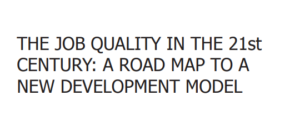 Author: Adele Bianco
Author: Adele Bianco
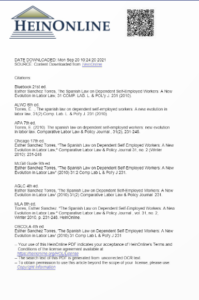 Author: Esther Sanchez Torres
Author: Esther Sanchez Torres
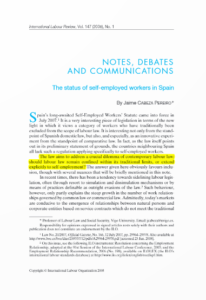 Author: Jaime Cabeza Pereiro
Author: Jaime Cabeza Pereiro
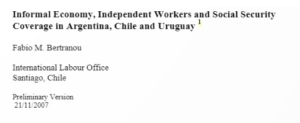 Author: Fabio M. Bertranou
Author: Fabio M. Bertranou